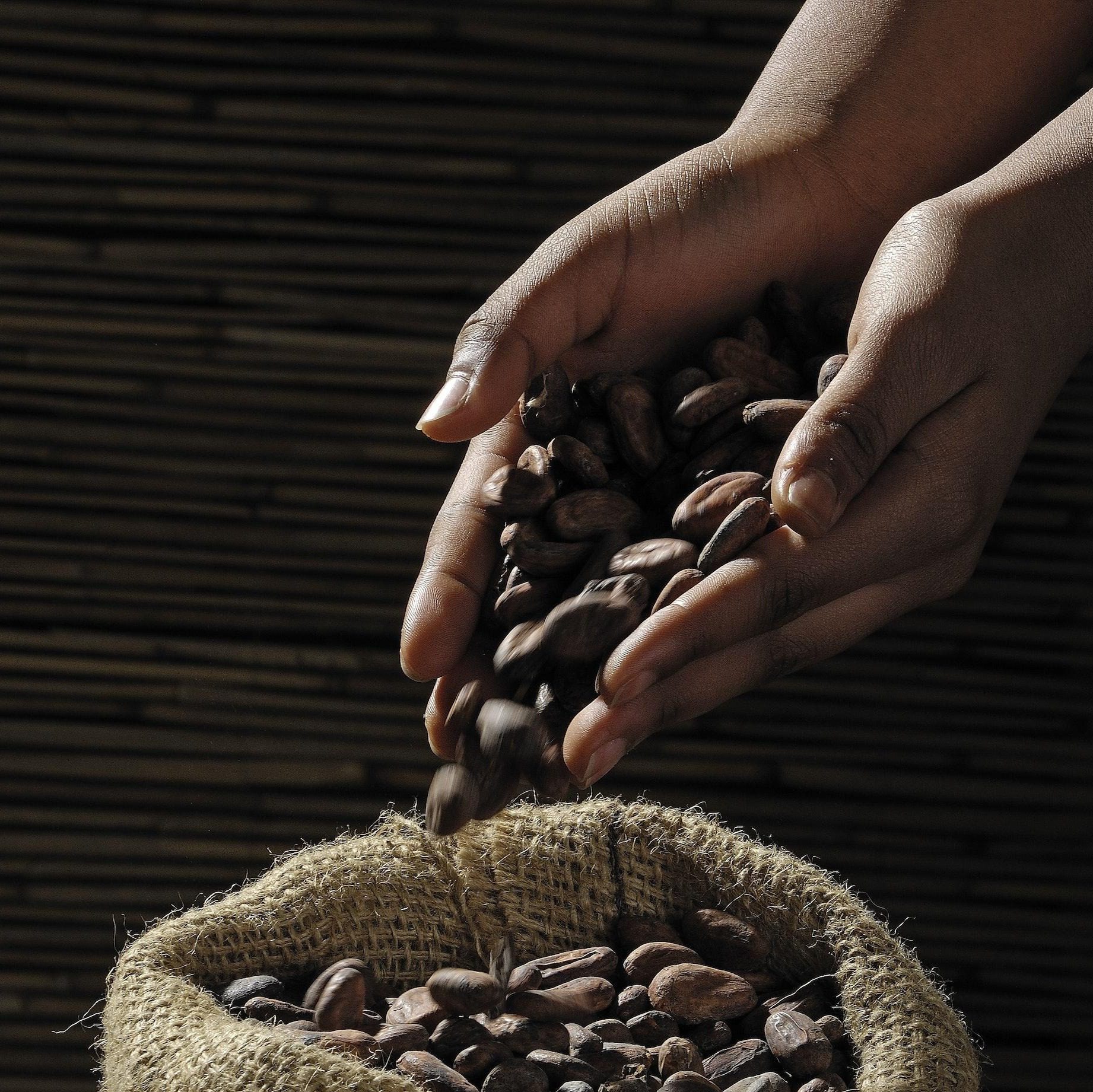PETROL PRICE ROSE BY 223%, SOLD AT N770 PER LITRE IN MAY – NBS
The average price of Premium Motor Spirit (PMS), also known as petrol, rose by 223.21 per cent to approximately ₦770 per litre in May 2024 from ₦238.11 per litre recorded in the corresponding period of 2023. The National Bureau of Statistics made this known in its report, Premium Motor Spirit (Petrol) Price Watch for May 2024. The report stated that on a month-on-month basis, an increase of 9.75 per cent was recorded from ₦701.24 per litre in April 2024. According to the report, Jigawa State topped the price chart at ₦937.50 per litre, followed by Ondo and Benue States with N882.67 per litre and ₦882.22 per litre, respectively. However, Lagos, Niger, and Kwara states emerged with the lowest average retail prices for the product at ₦636.80, ₦642.16 and N645.15, respectively, according to the NBS report. On the zonal profile, the North West Zone had the highest average retail price of ₦845.26, while the North Central Zone had the lowest price of ₦695.04. Meanwhile, the average retail price of Automotive Gas Oil (Diesel) paid by consumers increased by 66.29 per cent to ₦1403.96 per litre in May 2024 from ₦844.28 per litre recorded in May 2023. On a month-on-month, MoM basis, a decrease of 0.78 per cent was recorded from ₦1415.06 per litre in April 2024. The report stated, “Looking at the variations in the state prices, the top three states with the highest average price of the product in May 2024 include Adamawa State (₦1709.00), Sokoto State (₦1675.00) and Bauchi (₦1657.92).
NIGERIA’S CREDIT PENETRATION RISES TO 14%1
Credit penetration in Nigeria has risen to 14 per cent, driven largely by the activities of CRC Credit Bureau Limited, Nigeria’s foremost credit bureau company. Despite the increased penetration, the level is still lower globally than expected.The Group Managing Director/CEO of CRC Credit Bureau Limited, Dr Tunde Popoola, disclosed this during the Company’s CRC Finance and Credit Conference 2024, in Lagos on Wednesday. He added that Nigeria had achieved a significant improvement in credit penetration in the last 15 years of its existence. The theme of the event which also doubled the company’s 15th anniversary was titled ‘Sustainable Financing Options: Innovations in Credit Risk Management’. Popoola added that only 33 million Nigerians had their credit scores on the database of CRC Credit Bureau Limited, noting that a whole lot of effort is needed to bring onboard more Nigerians to access credit. “33 million Nigerians have credit scores. 29.4 million searches were conducted in 2023. More than 10 million searches have been conducted in Q1, 2024. CRC has moved from one product in 2010 to 18, cutting across all value chains of lending,” he noted. Popoola also revealed that CRC Bureau Limited and the various regulators in the country, especially the Central Bank of Nigeria, despite the daunting challenges to easing access to credit, were making some reasonable progress. He said, “Today so many millions of Nigerians get loans on their phones and lenders rely on CRC to lend. The Credit Reporting Act signed in 2017 by the Buhari regime to back credit reporting and the backing of the CBN have boosted credit penetration over the years.”
NAIRA SLUMP, LOANS PUSH PUBLIC DEBT TO N121TN
Nigeria’s total public debt has reached N121.67tn, increasing by N24.33tn or 24.99 per cent within three months, the Debt Management Office has announced. This new figure is from a total debt of N97.34tn ($108.23bn) as of December 2023.The DMO in a statement on Thursday said the public debt comprises both the total domestic and external debts of the Federal Government of Nigeria, the 36 state governments, and the Federal Capital Territory between January and March 2024. The report read, “Nigeria’s total public debt stood at N121.67tn ($91.46bn) as of March 31, 2024. The comparative figure for December 31, 2023, was N97.34 trillion ($108.23bn). Total Domestic Debt was N65.65tn ($46.29bn) while total external debt was N56.02tn ($42.12bn).” Our correspondent further observed that the increase is driven majorly by naira depreciation, as the total debt was reduced in dollar terms by $16.77bn or 18.34 per cent. The office used an official exchange rate of N1,330/$ to convert external debts to naira from N899.39 used to convert the debt in December 2023. It added that excluding the impact of the naira exchange rate movement in the first quarter of 2024, the domestic debt saw a marked increase to N65.65tn on March 31, 2024, from N59.12tn on December 31, 2023, The 36 states and FCT also have an external debt of $3.1bn and N4.068tn domestic debt. The rise is also attributed to a new borrowing undertaken to partly finance the 2024 budget deficit and the securitisation of a portion of the N7.3tn Ways and Means advances at the Central Bank of Nigeria. The statement added, “Excluding Naira exchange rate movements in Q1 2024, only the Domestic Debt component of Total Public Debt grew from N59.12 trillion on December 31, 2023, to N65.65 trillion on March 31, 2024. “The increase was from new borrowing to part-finance the 2024 Budget deficit and securitization of a portion of the N7.3 trillion Ways and Means Advances at the Central Bank of Nigeria. “Whilst borrowing, as provided in the 2024 Appropriation Act, will continue, we expect improvements in the Government’s Revenue to enhance debt sustainability.”
NGX: INVESTORS LOSE N103BN AS INSURANCE, BANKING STOCKS DECLINE
The NGX Insurance Index led the losers during the Sallah holiday-shortened week, falling by 1.32 per cent week-on-week.This contributed to a 0.18 per cent decline in the broader market indices. The NGX 30 Index followed with a 0.16 per cent decline, and the NGX Banking Index fell by 0.04 per cent week-on-week. Conversely, the NGX Oil and Gas Index led the gainers, rising by 0.35 per cent week-on-week, followed by the NGX Consumer Goods Index, which increased by 0.29 per cent. Also, the NGX Pension Index rose by 0.20 per cent and the NGX Industrial Goods Index advanced by 0.10 per cent week-on-week. Specifically, sell pressure witnessed in the declined sectors led to negative price movements in the stocks of VFD Group, AIICO, Insurance and AXA Mansard. It also include FBN Holdings, Fidelity Bank, Zenith Bank, MTN Nigeria, Transcorp Hotel, among others. Consequently, NGX All-Share Index and market capitalisation depreciated by 0.18 per cent to close the week at 99,743.05 and N56.424 trillion each compared to 99,925.38 and N56.527 trillion respectively recorded in the previous week. As a result, investors lost N103 billion week-on-week. Meanwhile, 53 equities appreciated in price during the week higher than 51 equities in the previous week. 25 equities depreciated in price higher than 24 in the previous week, while 76 equities remained unchanged, lower than 79 recorded in the previous week. A total turnover of 3.301 billion shares worth N53.157 billion in 27,536 deals was traded this week by investors on the floor of the Exchange, in contrast to 2.633 billion shares valued at N43.652 billion that exchanged hands last week in 33,709 deals.
NAIRA SELLS 1,485/DOLLAR AS OFFICIAL FOREX MARKET RECORDS $23BN
Forex turnover at the official foreign exchange market has increased to $23.29bn within over six months of trading following a flurry of reforms by the Central Bank of Nigeria, findings by The PUNCH have shown. This was as the naira traded against the United States dollar between the rate of N980 and N1,500 per dollar between January and June. On Friday, the naira closed at N1,485 against the dollar at the close of trading activity. An analysis of reports and data of daily forex transactions recorded on the website of FMDQ Securities, a platform that publishes official foreign exchange trading in the country, indicated that the figure increased by 15 per cent or $0.6bn between January and June 21st through the Nigerian Autonomous Foreign Exchange by Deposit Money Banks. Commercial banks, CBN and international oil firms are the major sellers of forex at NAFEM. An analysis showed that $4bn of forex transactions was sold in January. It increased by 46.5 per cent or $1.86bn to $5.14bn in February. The figure however dropped to $4.7bn in March, and $2.5bn in April. In May, dollar sales increased by 84 per cent or $2.1 to $4.60bn. A further breakdown of the dollar supply showed that the forex market recorded a $4bn turnover in January and increased by $3.3bn within two weeks (February 2 to 16) of implementing a new rule, asking banks to sell their excess dollar stock to improve liquidity in the FX market within 24 hours.In the weeks that followed, the supply stabilised, recording $890.65m between February 19 and 23. This inflow increased to $953.02m in the week ending February 26 to March 1. According to data sourced from the FMDQ Security Exchange, forex sales data showed that there was improved liquidity in the market as a $4.7bn transaction was sold in March.
- CAPITALDIGEST MARKET REVIEW, 02/03/2026March 2, 2026
- CAPITALDIGEST DAILYNEWS, 02/03/2026March 2, 2026
- CAPITALDIGEST MARKET REVIEW, 23/02/2026February 23, 2026
Enter your email address for receiving valuable newsletters.
- CAPITALDIGEST MARKET REVIEW, 02/03/2026STERLING STRUGGLES AFTER UK LABOUR PARTY SUFFERS DEFEAT IN STRONGHOLD The pound struggled to gain...March 2, 2026
- CAPITALDIGEST DAILYNEWS, 02/03/2026NIGERIA COMMANDS 52% OF AFRICA’S US CRUDE EXPORTS Nigeria accounted for about 52 per cent...March 2, 2026
- CAPITALDIGEST MARKET REVIEW, 23/02/2026STERLING NEARS ONE-MONTH LOW AS INVESTORS BET ON BOE RATE CUTS The British pound hovered...February 23, 2026












